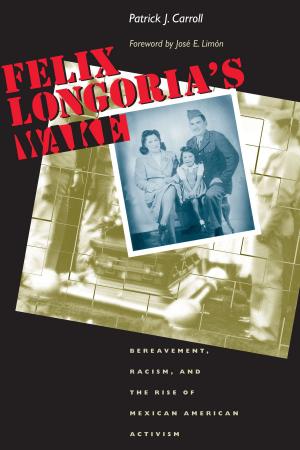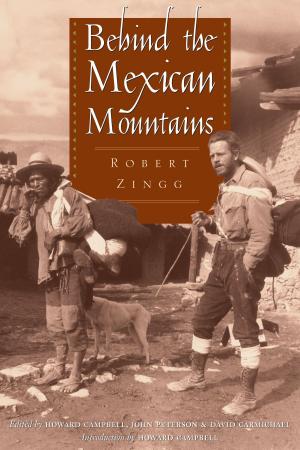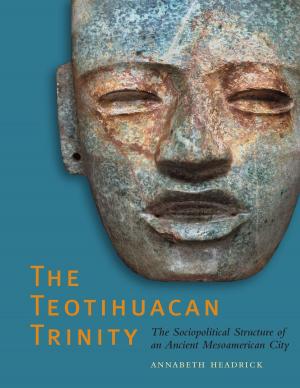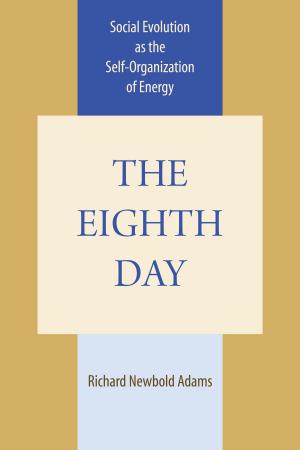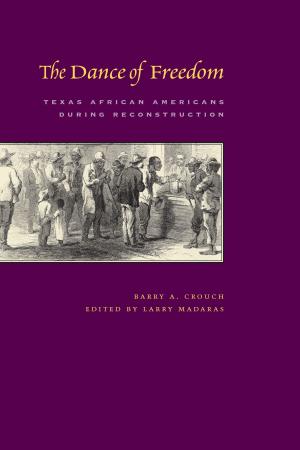| Author: | ISBN: | 9780292711433 | |
| Publisher: | University of Texas Press | Publication: | December 18, 2013 |
| Imprint: | University of Texas Press | Language: | English |
| Author: | |
| ISBN: | 9780292711433 |
| Publisher: | University of Texas Press |
| Publication: | December 18, 2013 |
| Imprint: | University of Texas Press |
| Language: | English |
Eeny, meeny, figgledy, fig. Delia, dolia, dominig, Ozy, pozy doma-nozy, Tee, tau, tut, Uggeldy, buggedy, boo! Out goes you. (no. 129) You can stand, And you can sit, But, if you play, You must be it. (no. 577) Counting-out rhymes are used by children between the ages of six and eleven as a special way of choosing it and beginning play. They may be short and simple ("O-U-T spells out/And out goes you") or relatively long and complicated; they may be composed of ordinary words, arrant nonsense, or a mixture of the two. Roger D. Abrahams and Lois Rankin have gathered together a definitive compendium of counting-out rhymes in English reported to 1980. These they discovered in over two hundred sources from the nineteenth and twentieth centuries, including rhymes from England, Scotland, Ireland, Australia, New Zealand, and the United States. Representative texts are given for 582 separate rhymes, with a comprehensive listing of sources and variants for each one, as well as information on each rhyme's provenience, date, and use. Cross-references are provided for variants whose first lines differ from those of the representative texts. Abrahams's introduction discusses the significance of counting-out rhymes in children's play. Children's folklore and speech play have attracted increasing attention in recent years. Counting-Out Rhymes will be a valuable resource for researchers in this field.
Eeny, meeny, figgledy, fig. Delia, dolia, dominig, Ozy, pozy doma-nozy, Tee, tau, tut, Uggeldy, buggedy, boo! Out goes you. (no. 129) You can stand, And you can sit, But, if you play, You must be it. (no. 577) Counting-out rhymes are used by children between the ages of six and eleven as a special way of choosing it and beginning play. They may be short and simple ("O-U-T spells out/And out goes you") or relatively long and complicated; they may be composed of ordinary words, arrant nonsense, or a mixture of the two. Roger D. Abrahams and Lois Rankin have gathered together a definitive compendium of counting-out rhymes in English reported to 1980. These they discovered in over two hundred sources from the nineteenth and twentieth centuries, including rhymes from England, Scotland, Ireland, Australia, New Zealand, and the United States. Representative texts are given for 582 separate rhymes, with a comprehensive listing of sources and variants for each one, as well as information on each rhyme's provenience, date, and use. Cross-references are provided for variants whose first lines differ from those of the representative texts. Abrahams's introduction discusses the significance of counting-out rhymes in children's play. Children's folklore and speech play have attracted increasing attention in recent years. Counting-Out Rhymes will be a valuable resource for researchers in this field.


